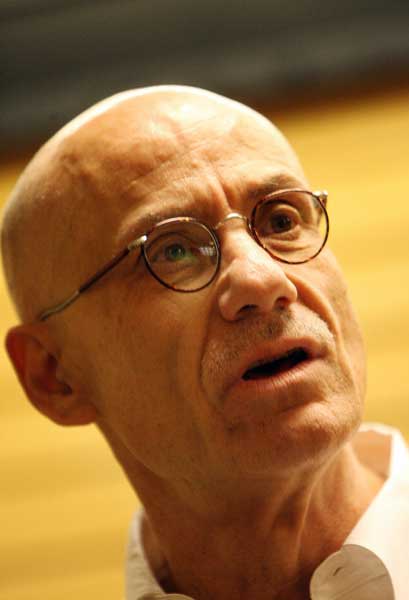Book Of A Lifetime: The Black Dahlia, By James Ellroy

Your support helps us to tell the story
From reproductive rights to climate change to Big Tech, The Independent is on the ground when the story is developing. Whether it's investigating the financials of Elon Musk's pro-Trump PAC or producing our latest documentary, 'The A Word', which shines a light on the American women fighting for reproductive rights, we know how important it is to parse out the facts from the messaging.
At such a critical moment in US history, we need reporters on the ground. Your donation allows us to keep sending journalists to speak to both sides of the story.
The Independent is trusted by Americans across the entire political spectrum. And unlike many other quality news outlets, we choose not to lock Americans out of our reporting and analysis with paywalls. We believe quality journalism should be available to everyone, paid for by those who can afford it.
Your support makes all the difference.As a reader I define a book as "great" if I'm still thinking about it long after I've finished it. As a writer, I'm tougher. A great book is one that makes me re-evaluate what I'm doing, dig deeper, try harder, raise my own bar. But James Ellroy's 'The Black Dahlia' was something else entirely, far more than just a great book. It changed my life.
I remember the day I first heard about it – on a smelly train carriage in East Grinstead in March 1994. A colleague called Eric started waffling about a reading by this weird American writer who autographed books with drawings of dicks and referred to himself as "The White Knight of the Far Right". He sounded like a complete twat. But Eric was a serious bloke – and a passionate one to boot. So to humour him, I said, "What would you recommend?" He told me to start with 'The Black Dahlia'. There was one bookshop in East Grinstead, which doubled up as a coffee shop. It had very few books in stock, but 'The Black Dahlia' was one of them. I started reading. "I never knew her in life. She exists for me through others, in evidence of the ways her death drove them..."
What follows is a novel inspired by one of the most notorious unsolved murders in LA's history. In January 1947, the naked, mutilated body of Elizabeth Short was discovered in a vacant lot. She was nicknamed "The Black Dahlia" by the press. Her killer was never caught or identified. The murder has generated a sub-industry of books.
Ellroy's novel isn't a straight fictionalisation of the murder investigation. Instead, it's really about the effect the case has on its characters - the two investigating detectives, the women in their lives, the suspects, the bit-players. Everyone gets contaminated. Everyone gets damaged. It's also about LA in the late 1940s – a city trading on dreams and illusions, yet riven with corruption and vice.
I finished the book in two days. I wanted more, so I went back and read it again. Prior to reading 'The Black Dahlia', I was a regular little literary snob. I didn't think crime fiction was literature. 'The Black Dahlia' merrily shattered every single prejudice I had about the crime genre and taught me a massive lesson about books in general.
Ellroy'swriting was powerful, outré, fast and furious. The characters were like none I'd ever read. The nominal good guys here are unhinged, obsessive, racist, speed-freak thugs. The bad ones hide exceptional evil behind good (in)breeding, impeccable manners and old money. Despite the miasma of sleaze, violence and fucked-up motive, Ellroy never loses his broken-hearted compassion for the titular victim - and for women in general. They're not objects, crude hourglass silhouettes. They're not helpless, damsels in distress. They define and ultimately rule the men in the book.
I've re-read 'The Black Dahlia' five times. Whenever I return to it, it's almost as fresh as when I first read its opening lines in East Grinstead. It's lost none of its dark power, its nefarious pull.
Nick Stone's 'Voodoo Eyes' is published by Sphere
Join our commenting forum
Join thought-provoking conversations, follow other Independent readers and see their replies
Comments